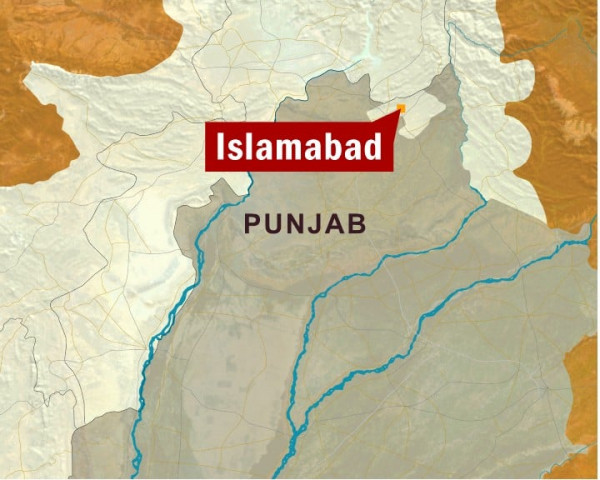Increasing number of male Anaemia patients

Anaemia is a type of blood disorder in which the level of healthy red blood cells (RBCs) in the body is very low.
Dr Cheema, joint director of the Blood Donor Centre at the Pakistan Red Crescent Society in Islamabad, attributes this to malnutrition.
She said that there are various causes for the disease but malnutrition due to poverty and inflation was, in her opinion, the leading cause in the twin cities.
Dr Cheema added that in our society males are usually preferred when it comes to nutrition. “Poverty is a great equaliser, with sky rocketing inflation, gender bias is almost forgotten.”
Dr Cheema urged the government to include ‘nutrition’ as a subject in the curriculum so that students are aware of what they need to eat to be healthy.
“Teachers in every school, before starting the daily lecture, should educate students about balanced diets important for their physical growth,” she said.
Dr Kausar Anis, joint executive director, Polyclinic Hospital, reiterated that anaemia patients are increasing in the country because of a lack of access to basic food commodities like milk, fresh fruit, meat and eggs.
“Most anaemia patients diagnosed at the Poly Clinic are women from poor and middle-class families,” she said.
Approximately 42 per cent of Pakistan’s population is aged 0 to 14 years. “If the issues hindering physical and mental growth of young people are not addressed at the grassroots level, we will fail to produce a healthy population,” she said.
Dr Anis expressed concern about the lack of awareness about the disease. “Anaemia leads to various other health problems like lethargy, headache, discoloration of skin, fainting, shortness of breath, heart palpitations and insomnia,” she explained.
When women come to the hospital and get a blood test, they often have no other medical condition besides anaemia, the rest are just side effects, she said.
Fozia Rehman, a young professional, said she frequently suffered from headaches, lethargy, stomach aches and weight gain.
She tried alternative medication before going to a specialist who asked her to get a blood test. The result revealed that she had anaemia. Her doctor suggested that Fozia increase her intake of iron and protein. She says that her health improved within two months.
Dr Anis said it is very important for women to include an egg, a glass of milk, fresh fruit and vegetables in their daily diet. “Beef and chicken liver, guava, potato, spinach and black chickpeas are also very good sources of iron,” she added.
Published in The Express Tribune, June 26th, 2010.



















COMMENTS
Comments are moderated and generally will be posted if they are on-topic and not abusive.
For more information, please see our Comments FAQ